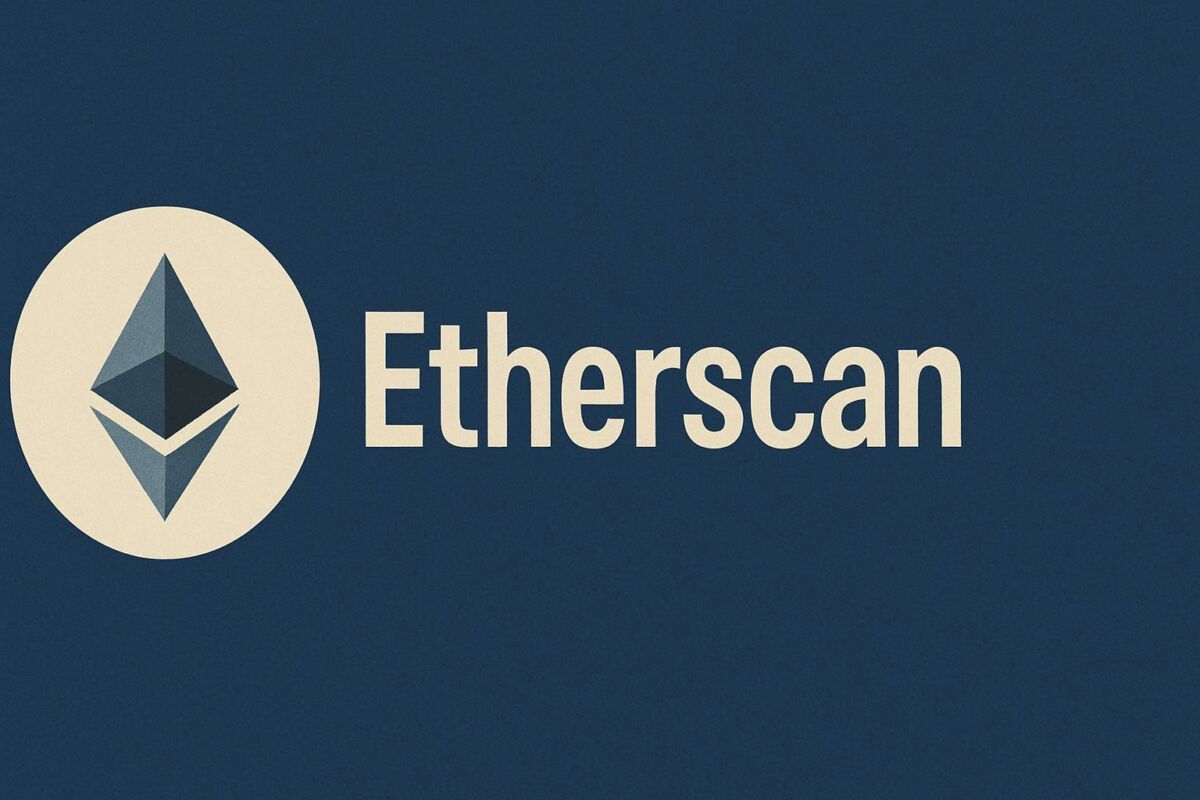Tesla’s $242.5M Autopilot Verdict: How a $60M Settlement Slip-up Led to a Major Legal and Reputational Loss
Introduction: A Costly Legal Miscalculation
In a legal drama unfolding in Florida, Tesla has been thrust into the spotlight following a tragic 2019 crash involving its Autopilot system. A recent ruling ordered the company to pay $242.5 million, a devastating blow that, as revealed in new court filings reported by TechCrunch, could have been dramatically minimized with a timely $60 million settlement offer—instead, the window to accept the proposal passed unnoticed.(TechCrunch, Reuters)
This blog delves deep into the origins of this verdict, the legal and strategic missteps, the broader ramifications for Tesla and the autonomous driving industry, and what it all means for future regulation.
Background: What Happened?
On April 25, 2019, a Tesla Model S operating with Autopilot enabled plowed through an intersection in Key Largo, Florida. It struck two pedestrians—Naibel Benavides Leon, who tragically died, and her boyfriend Dillon Angulo, who was severely injured(TechCrunch, People.com, AP News, The Washington Post).
The lawsuit, initiated in 2021, targeted Tesla—not the driver—for its system’s failure to appropriately disengage or warn the driver, particularly in the face of a scenario involving cross-traffic. Despite attributing two-thirds of the blame to the driver, the jury still found Tesla 33% liable, and awarded substantial damages: $129 million in compensatory and $200 million in punitive damages, totaling around $242–243 million(Reuters, AP News, Wall Street Journal).
The Missed Settlement Window
New filings reported by TechCrunch and Reuters reveal that the plaintiffs had proposed a $60 million settlement in May—potentially wrapping up the case swiftly and quietly. However, Tesla failed to accept the proposal within the legally stipulated 30-day period, effectively rejecting it by default under Florida law(TechCrunch, Reuters).
An attorney for the plaintiffs confirmed this in court filings, citing Tesla’s failure to respond in time under Florida Rule of Civil Procedure 1.442 and relevant statutes(TechCrunch). This oversight transformed a manageable settlement into an industry-altering $242.5 million verdict.
Legal and Ethical Fallout
Attorney Brett Schreiber, representing the victims’ families, has been vocal about the case’s broader importance. He criticized Tesla for downplaying Autopilot’s limitations, being slow to implement safeguards like driver monitoring and geofencing, and allegedly withholding crash-related data(The Verge, TechCrunch).
He emphasized that the verdict delivers a message: “Choices and words matter.” Tesla’s bold marketing of Autopilot as more capable than it realistically was exposed in the courtroom, igniting concerns over corporate accountability in promoting experimental technologies(TechCrunch, The Verge).
Tesla, for its part, has stated it will appeal the verdict, citing “substantial errors of law and irregularities at trial.” The company argued that the driver was primarily at fault and that no existing vehicle at the time—in 2019 or even now—could have prevented such a crash(TechCrunch, People.com).
Broader Repercussions: Shareholders and Regulators Take Note
The verdict has already sparked further legal and regulatory consequences:
Shareholder Lawsuit: A class action filed in Texas accuses Tesla and its executives of misleading investors about the safety of its autonomous technology, especially amidst robotaxi testing glitches, including lane infractions and erratic braking. These tests, coupled with Tesla’s over-promising, triggered a National Highway Traffic Safety Administration (NHTSA) investigation and a stock drop(Business Insider).
Safety Oversight Intensifies: The case strengthens calls for stricter regulation across autonomous driving sectors. Tesla’s past safety record—including NHTSA investigations and criticism over crash data transparency—came under renewed scrutiny. Numerous fatalities tied to Autopilot and documented system deficiencies reinforce the urgency for regulatory reforms(Wikipedia).
Implications for Tesla and the Industry
For Tesla:
Financial Impact: The jury verdict is a significant financial hit—far higher than the $60 million settlement that was available, magnified by legal fees and reputational damage.
Innovation vs. Accountability: Tesla’s drive to lead in autonomous tech now meets legal accountability. Balancing innovation with safety may redefine its approach.
Public Trust: Marketing Autopilot as unsupervised may have backfired. Moving forward, trust hinges on transparency and responsible communication.
For the Autonomous Driving Industry:
Legal Precedent: This case may become a benchmark for litigation involving ADAS and autonomy. Companies may reassess liability risks.
Consumer Clarity: Terms like “Autopilot” and “Full Self-Driving” may need clearer definitions to avoid misleading users and regulators.
Regulatory Action: Faster adoption of safety standards—driver monitoring, geofencing, crash data sharing—is probable as public safety concerns grow.
A Deeper Ethical Perspective
Critics have long raised ethical objections to Tesla’s Autopilot rollout. Studies suggest the name “Autopilot” misleads drivers into overconfidence, leading to distraction and misuse. The NTSB has labeled Tesla’s approach to driver supervision as “completely inadequate”(Wikipedia).
Moreover, academic analyses underscore violations of engineering ethics when deploying untested or beta-stage systems while making aggressive safety claims(arXiv). With multiple fatal incidents traced to Autopilot misinterpretation or malfunction, the case accentuates the moral responsibility tech companies carry when introducing advanced systems.
Looking Ahead: What’s Next?
Tesla’s Appeal: The company will attempt to overturn or reduce the verdict—an appeals court could reshape the outcome.
Regulatory Shifts: This case may catalyze legislation around autonomous vehicle standards, liability frameworks, and consumer protections.
Technology Redesign: Tesla and competitors may accelerate development of safeguards like eye-tracking, geofencing, and automatic disengagement alerts.
Investor Sentiment: Trust in CEO leadership and company culture may come under evaluation. Autonomous autonomy dreams must not override safety fundamentals.
Conclusion: A Warning and a Wake-Up Call
Tesla’s missed settlement opportunity serves as more than a financial misstep—it marks a pivotal moment in how autonomous technologies will be treated under scrutiny. The $242.5 million verdict, born from a $60 million settlement window that slipped by, underscores the cost of overconfidence.
As Tesla moves forward, this case stands as both a cautionary tale and a call for stricter norms in safety, ethics, and communication. For the industry, it signals that technological ambition must always align with accountability, especially when human lives are at stake.

.jpg)

